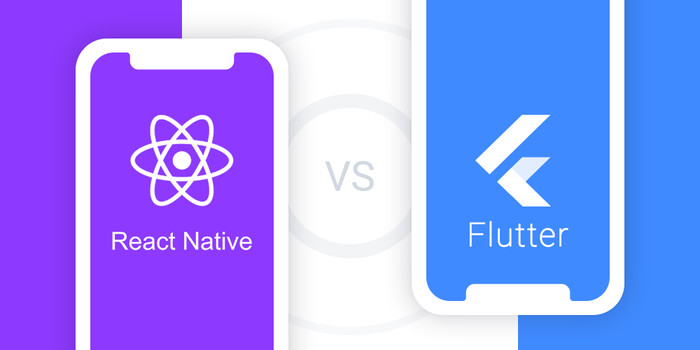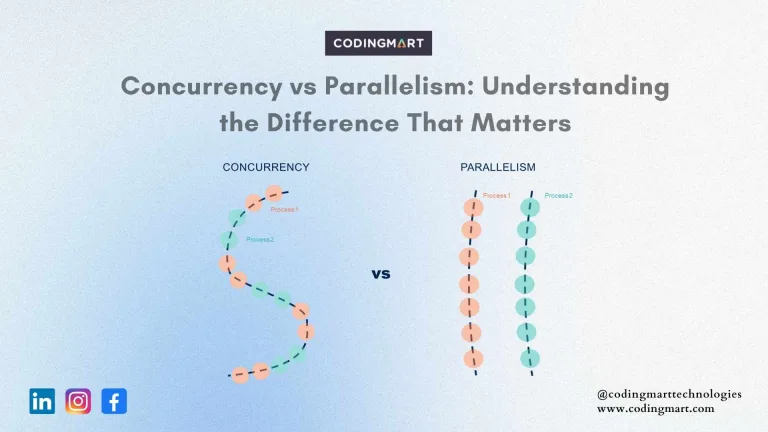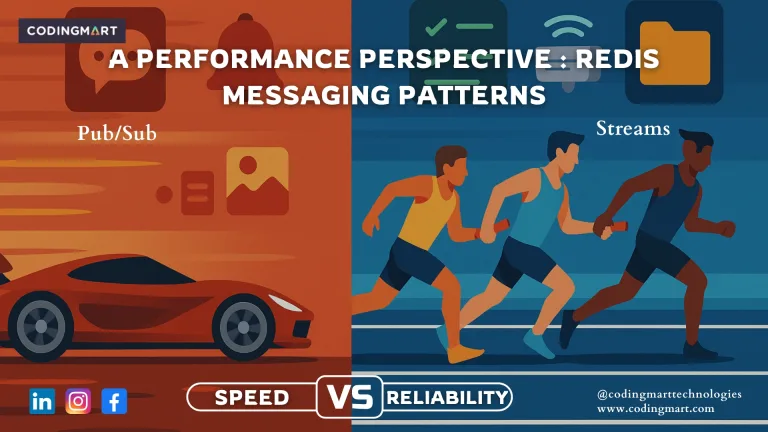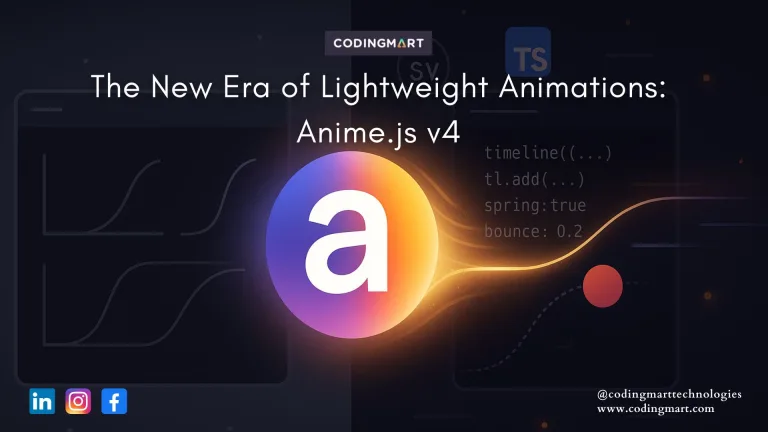blogs
React Native vs Flutter: Key Differences Explained

People have become so much addicted to mobile apps. They normally spend 2-3 hours on an average navigating the various mobile apps. Because of the immense growth in the usage of mobile apps, the majority of product companies come up with mobile apps to remain successful and competitive. Not all mobile apps can attract and gain people’s attention. Only the mobile apps that are robust and user friendly with eye-catching UI can be successful. React Native and Flutter are the two best technologies that can be used for creating such unique mobile applications on iOS and Android Mobile Platforms. Let us see what is React Native, Flutter, and their differences.
React Native
It is an open-source Javascript framework that uses native components. It was developed by Facebook in 2013 and it became available in Github in the year 2015. Using React Native, the developers can build cross-platform native mobile applications on Android, Windows and iOS Platforms. It follows the “Learn Once Write Everywhere” concept. It is the top choice of cross-platform app development framework as per the Statista.
Flutter
It is an open-source and popular framework that provides advanced UI SDK (Software Development Kit) to develop apps for Android, iOS, Mac, Linux, and Windows from a single codebase. It is the only mobile SDK that does not require a Javascript bridge. It was release in May 2017 by Google. In a short span of time, it has become a competitor to other leading cross-platform app development frameworks like React Native which was launched earlier.
What is the difference between React Native and Flutter?
React Native uses Javascript and Flutter uses Dart, a new programming language. It is an object-oriented programming language with C-style syntax. Dart is not as widely used as Javascript for now. The installation process of React Native is easier because it can be just installed by NPM. Flutter installation requires extra steps like adding binary to the path and downloading from source code. React Native has lesser UI components when compared to Flutter. Flutter uses widgets to create UI whereas React Native uses UI components. It provides its own widgets with a high-performance rendering engine and hence it is faster and flexible.
The architecture of React Native’s application is Flux and Redux but Flutter’s architecture is based on Business Logic Component ( BLoC Architecture). The performance of React Native is a bit slower when compared to Flutter because it needs a Javascript bridge to communicate with native modules. It has to combine additional interactions with native ones which makes its performance slower. Flutter has more testing features when compared to React Native because the latter does not have any tool for UI level testing. Flutter’s documentation is more structured than React Native.
Which has more community support?
Flutter’s community support is not as strong as Native’s support but it is growing fast. As of December 2019, it has 81k stars on Github while Native has 83k stars. In Google group and stack overflow, React Native has more users than Flutter. As per the Statista, 42% of developers prefer to React Native and 39% prefer Flutter for cross-platform app development. When we compare the learning curve, React Native is easy to pick up especially if you are familiar with Javascript. But Dart programming is a steep and little challenging.
Apps developed using React Native are Uber Eats, Instagram, Facebook Ads Manager, Myntra, Pinterest, Skype, Bloomberg. . Apps developed using Flutter are Google Ads, Reflectly, Xianyu by Alibaba (e-commerce company), Hamilton(App for Broadway Musical), App for JD Finance.
Apart from the differences, both are developed by tech giants for cross-platform apps. They have active community support and are the best technologies to develop apps that give an excellent cross-platform performance. Both are strong competitors to each other but in some cases, one overtakes the other and vice versa. So according to your development skills and project needs, you can choose any of the frameworks.


